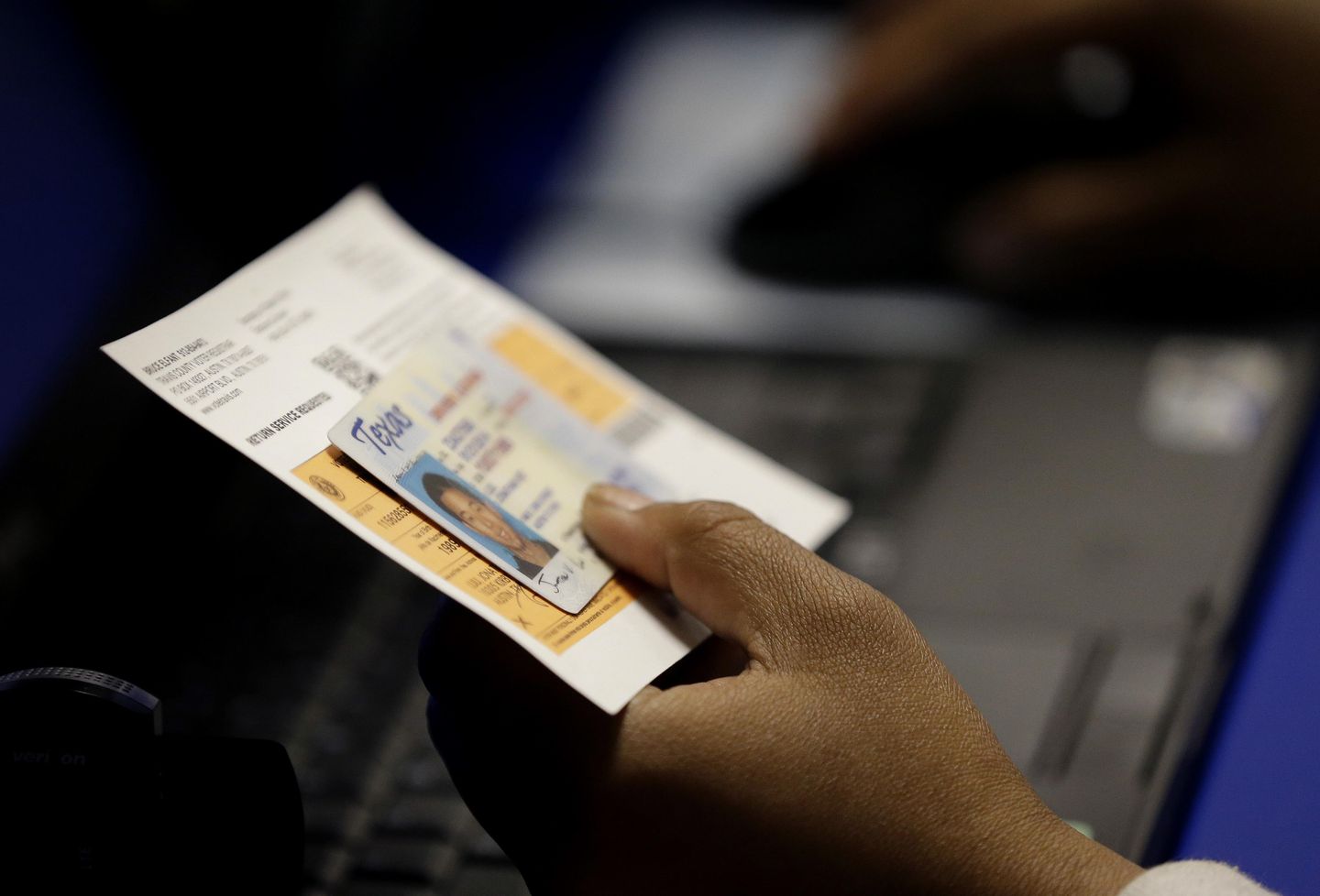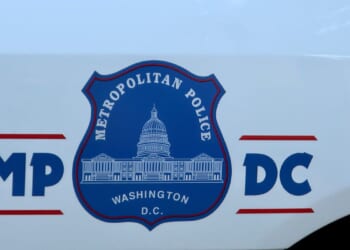
Texas Secretary of State Jane Nelson has just completed a review of more than 18 million names on her state’s voter list, and flagged 2,724 of them — less than 0.02% — as possible noncitizens.
Ms. Nelson ran the names through the Department of Homeland Security’s citizenship and immigration status database to come up with the list, which has now been forwarded to county officials to conduct their own investigations to make a final determination.
Those found to be noncitizens will be referred to the state attorney general’s office.
“Everyone’s right to vote is sacred and must be protected,” Ms. Nelson said. “We encourage counties to conduct rigorous investigations to determine if any voter is ineligible — just as they do with any other dataset we provide.”
Ms. Nelson’s project is the largest voter verification effort to date, and the relatively small number of names is likely to boost voting rights advocates’ argument that noncitizen voting isn’t a major issue in U.S. elections.
In an earlier iteration of the process, Ms. Nelson said she flagged 33 names of potential noncitizens who may have cast illegal ballots in last year’s election.
The push to remove noncitizens from the voter rolls comes amid President Trump’s frequent claims of rampant voter fraud, and particularly claims of noncitizens littering the rolls.
A push ahead of the 2024 election by several GOP-led states saw thousands of names identified as noncitizens and booted off the rolls.
And that sparked vehement pushback from voting rights groups who said the states were premature in those actions.
Alabama purged 3,251 names as potential noncitizens but quickly realized that more than 2,000 of them were “inaccurately inactivated,” a federal judge found. The judge ordered all the names restored before last year’s election.
In Virginia, officials purged 1,600 names. A federal district judge tried to restore them, but the Supreme Court blocked that, allowing the state to keep those names off the rolls for last year’s election.
The state’s elections office didn’t respond to an inquiry Wednesday on the final disposition of those names.
Texas’s project was made possible by Homeland Security’s move earlier this year to make its SAVE database more readily accessible and free of cost for states that seek to check their voter rolls.
“The Trump Administration’s decision to give states free and direct access to this data set for the first time has been a game changer, and we appreciate the partnership with the federal government to verify the citizenship of those on our voter rolls and maintain accurate voter lists,” Ms. Nelson said.
America First Legal, a pro-Trump group, has been urging all the states to use the database.
“Texas is showing what responsible officials can do right now to protect the vote,” said Gene Hamilton, AFL’s president.
Joyce LeBombard, president of the League of Women Voters of Texas, declined to comment on her state’s actions.
The number of noncitizens on voting lists has long been debated, as has their actual impact on elections.
Even if they are on registration rolls, it’s unclear how often they vote.
It does happen, though.
This year alone, federal prosecutors have brought cases in Pennsylvania, North Carolina, Florida, Michigan, Massachusetts and New York against noncitizens who are accused of not only registering but casting ballots.
Yet some states resist the idea.
California, for example, the only state bigger than Texas, has said it doesn’t believe it has a problem with noncitizens ending up on its voter rolls.
“We don’t have any data to report on instances of non-citizens voting or being incorrectly registered and removed from the voting rolls,” the secretary of state’s office told The Washington Times last year.
But earlier this year, Orange County, in southern California, said it had “confirmed” and removed 17 noncitizens from its rolls.
Those cases were flagged after the noncitizens reported they were ineligible but had received ballots in the mail.
Last month, Orange County also approved a plan to try to remove the names of pets from its voter rolls after officials said they confirmed that one woman had cast a ballot in the name of her dog, Maya.











